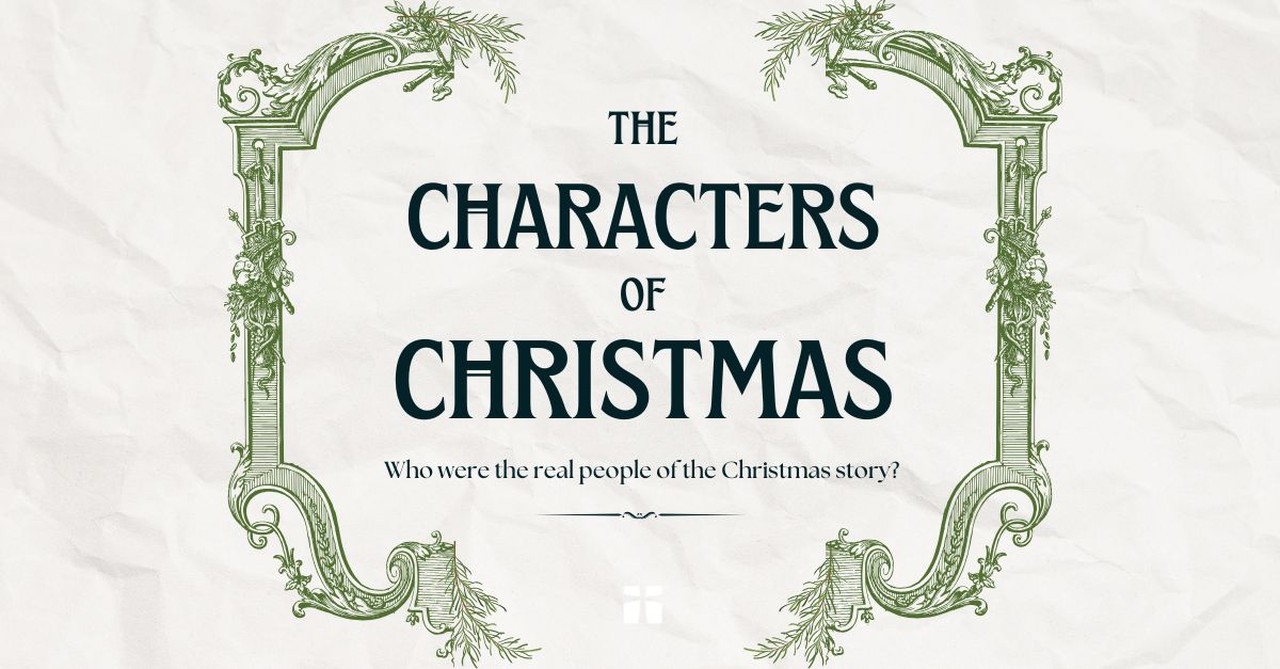2 Kings 11:13-17
13 When Athaliah heard the noise of the guard and of the people, she went into the house of the Lord to the people; 14 when she looked, there was the king standing by the pillar, according to custom, with the captains and the trumpeters beside the king, and all the people of the land rejoicing and blowing trumpets. Athaliah tore her clothes and cried, "Treason! Treason!" 15 Then the priest Jehoiada commanded the captains who were set over the army, "Bring her out between the ranks, and kill with the sword anyone who follows her." For the priest said, "Let her not be killed in the house of the Lord." 16 So they laid hands on her; she went through the horses' entrance to the king's house, and there she was put to death.
17 Jehoiada made a covenant between the Lord and the king and people, that they should be the Lord's people; also between the king and the people.



.jpg)
Matthew Henry's Commentary on 2 Kings 11:13-17
Commentary on 2 Kings 11:13-16
(Read 2 Kings 11:13-16)
Athaliah hastened her own destruction. She herself was the greatest traitor, and yet was first and loudest in crying, Treason, treason! The most guilty are commonly the most forward to reproach others.
Commentary on 2 Kings 11:17-21
(Read 2 Kings 11:17-21)
King and people would cleave most firmly to each other, when both had joined themselves to the Lord. It is well with a people, when all the changes that pass over them help to revive, strengthen, and advance the interests of religion among them. Covenants are of use, both to remind us of, and bind us to, the duties already binding on us. They immediately abolished idolatry; and, pursuant to the covenant with one another, they expressed mutual readiness to help each other. The people rejoiced, and Jerusalem was quiet. The way for people to be joyful and at peace, is to engage fully in the service of God; for the voice of joy and thanksgiving is in the dwellings of the righteous, but there is no peace for the wicked.